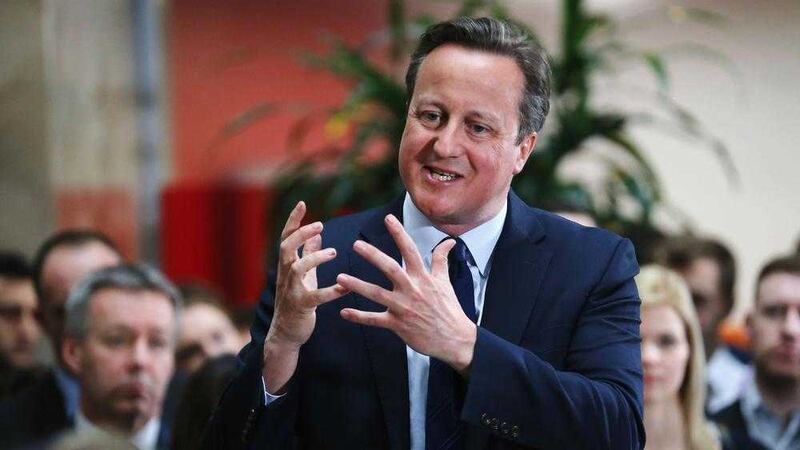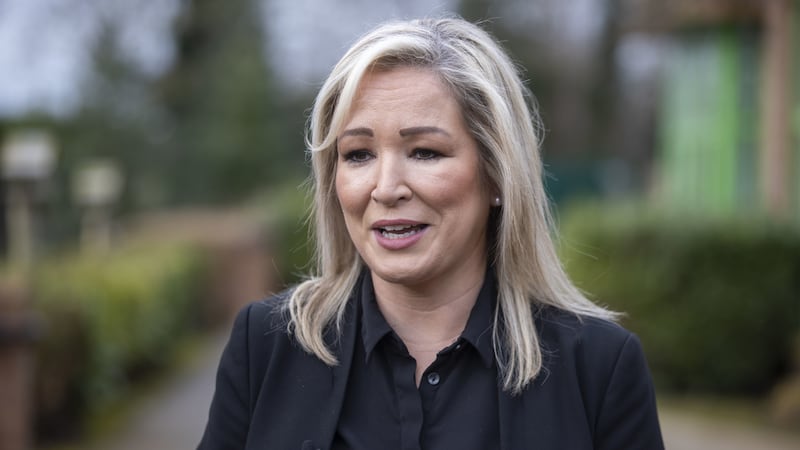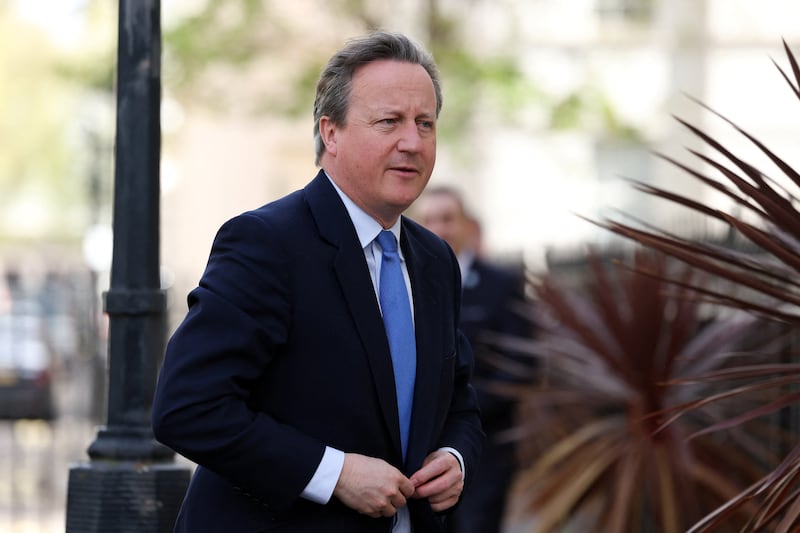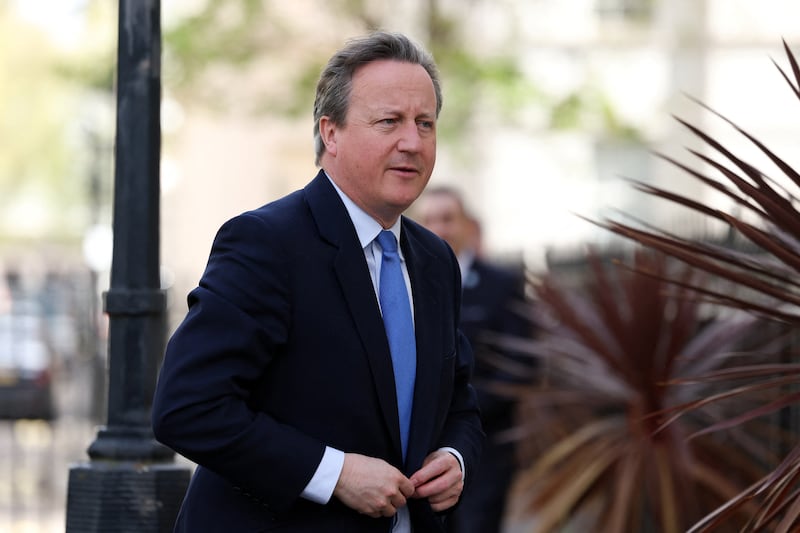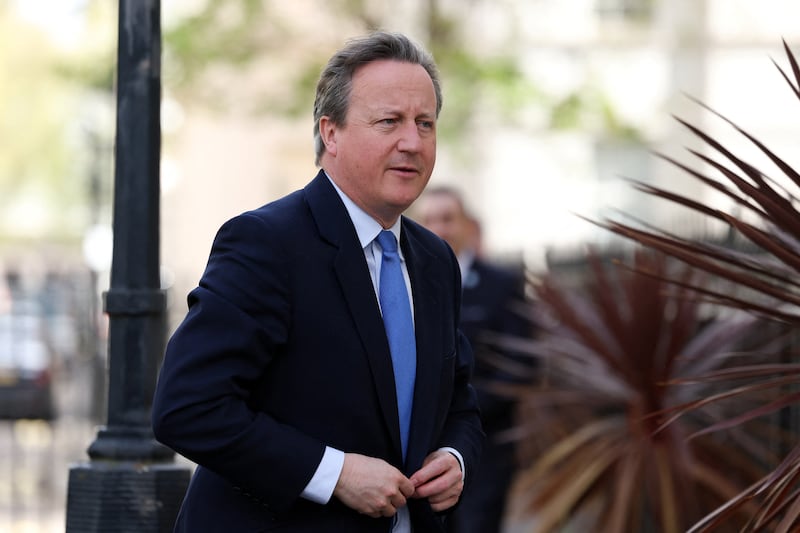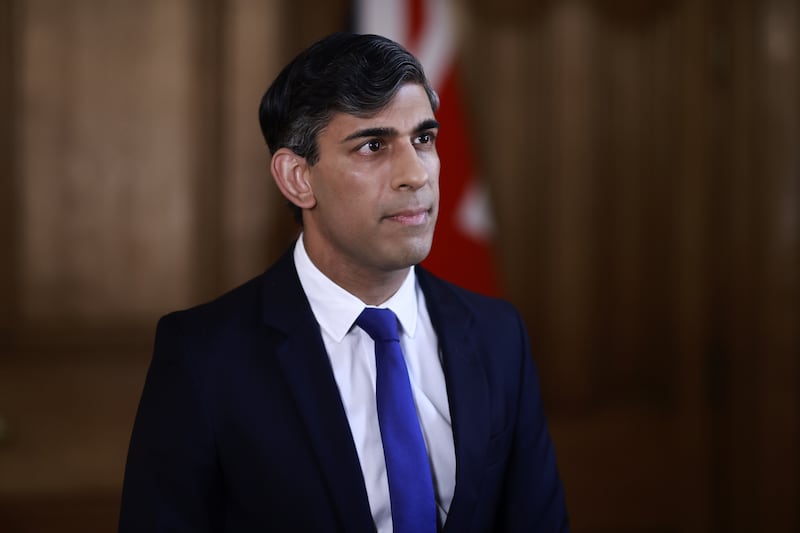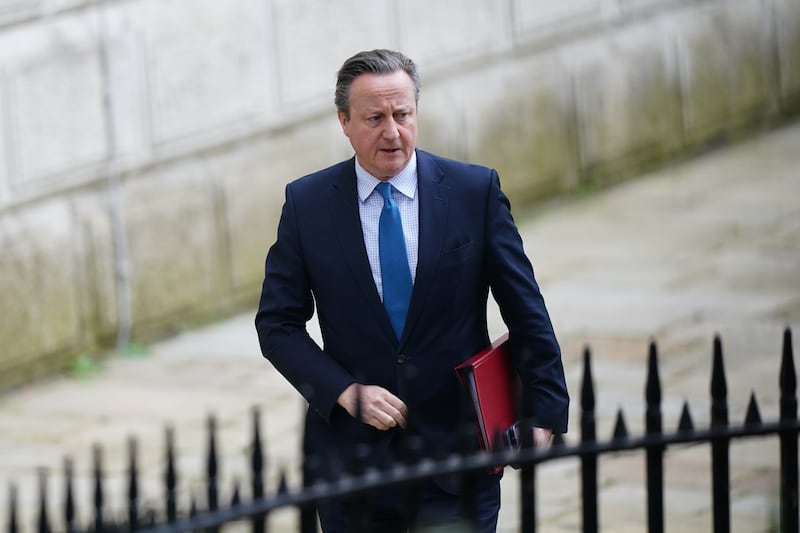David Cameron faces claims of hypocrisy after revealing that he benefited financially from an offshore fund set up by his father, despite campaigning against tax avoidance and tax havens.
Here we look at what he has said - and what he has done - and what the consequences might be.
What did we find out from the British prime minister's interview?
That in April 1997 he - jointly with his wife Samantha - bought a holding in Blairmore Holdings, an offshore fund set up and run by his late stockbroker father Ian, for £12,497. In 2010, with Mr Cameron poised to enter Number 10, they sold it as part of a wider disposal of such assets for £31,500. Income tax was paid on dividends from the holding but the profit from the sale was too small to attract capital gains tax.
What's wrong with that?
Nothing, legally. All due taxes appear to have been paid and many people have investments in offshore funds, most often indirectly through their pensions. But Mr Cameron is not most people. As PM he has been a vocal campaigner on the global stage against aggressive tax avoidance - once dubbed "morally repugnant" by his Chancellor George Osborne - passing laws to increase openness and pressing for greater transparency by tax havens. In 2012 he said the comedian Jimmy Carr's tax dodging was "morally wrong". Mr Cameron insists Blairmore was not set up to avoid taxes but the very fact that he had investments in an operation that used techniques - since widely banned - to keep investors' identities private, exposes him to claims of double standards.
So will coming clean be the end of the story?
By no means. The fact that his investment was only revealed after days of pressure - and a series of statements which appeared designed to hide the whole picture - have fostered an impression that he was keen to avoid full scrutiny. Even close allies concede that was a mistake. Political opponents will not miss the opportunity to maximise the embarrassment - not least as the PM prepares to host a much-trumpeted anti-corruption summit in London where tax transparency will be high on the agenda. Labour is pressing for him to come to the Commons to answer questions about government policy on tax havens - after revelations that he campaigned to exclude offshore trusts from the full scope of EU transparency rules.
What else might they be keen to find out?
The source of the £300,000 Mr Cameron inherited from his father - specifically whether any of it came from investments in Jersey. In the ITV interview he said he could not "point to every source of every bit of the money, and Dad's not around for me to ask the questions now". Some opponents will see the legacy as an opportunity to highlight his well-off background, which is seen as a political vulnerability among some voters.
Will Mr Cameron be more open in future?
He says he is "happy" to publish his own tax returns - even perhaps retrospectively - which would be an unprecedented move in the UK. Downing Street say they want that to happen "as soon as possible". But the PM made a similar statement in 2012 - when opponents demanded he reveal whether he and senior colleagues stood to benefit personally from the reduction of the 50p top rate of income tax. Four years on and there has still been no such publication. The setting of such a precedent will be closely felt by those lining up to succeed him as Conservative leader.
Could there be wider implications of the row?
Labour has rowed back from suggestions it could cost the PM his job but the damage to his reputation could have ramifications. Pro-EU campaigners see his personal authority as a key weapon in the final weeks before the referendum on June 23. It could also help speed his departure from office. Mr Cameron insists he will see out his second term before stepping aside but many observers expect him to step back from the front line well before 2020.
